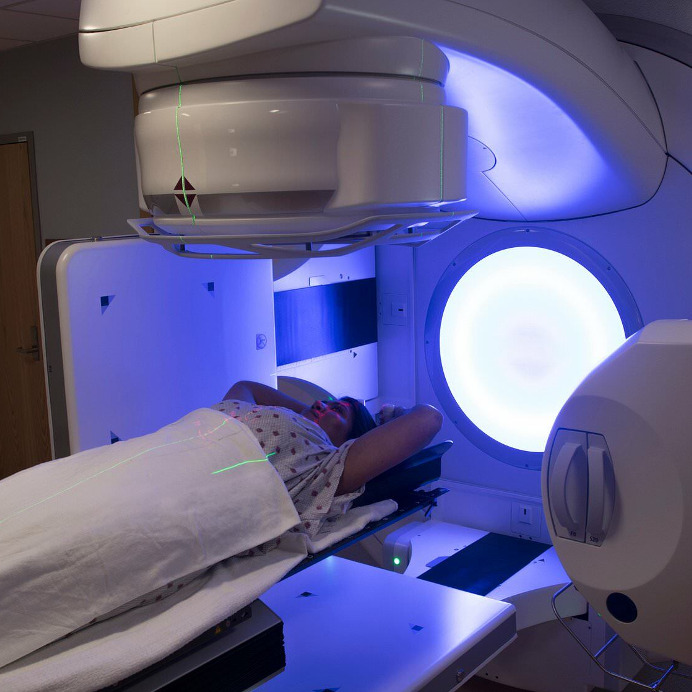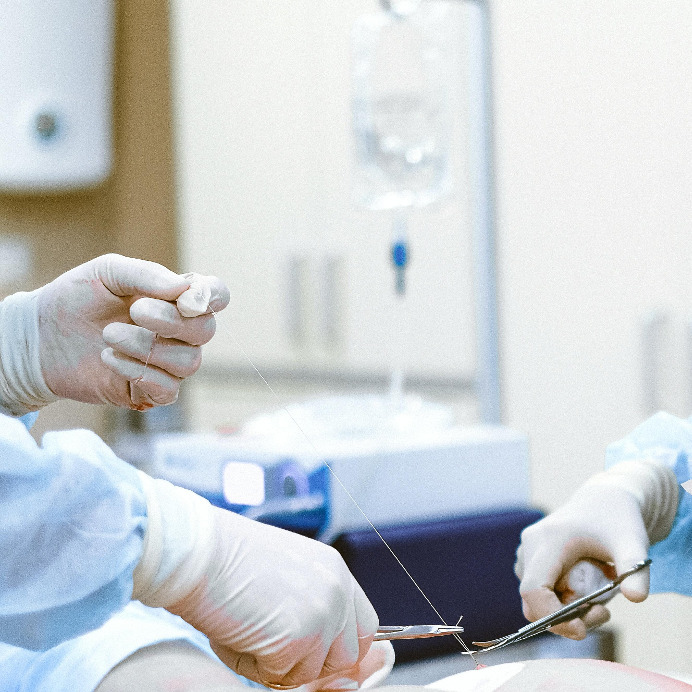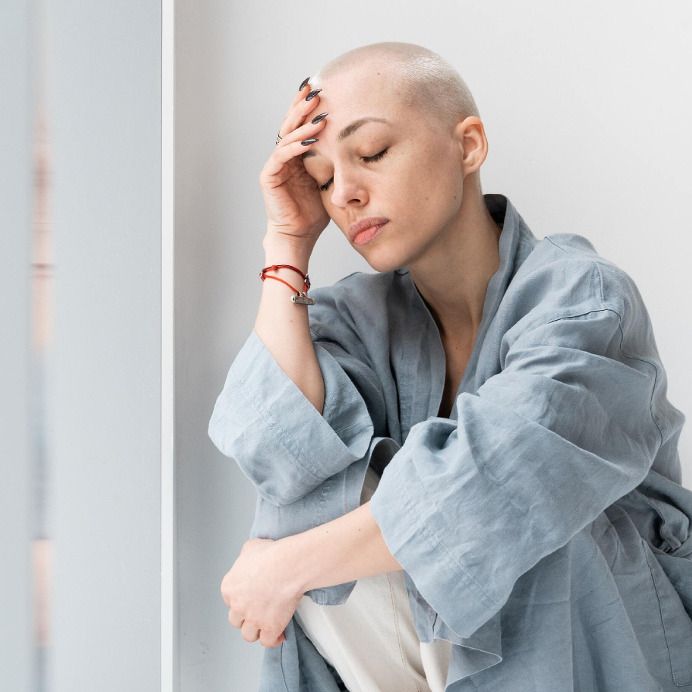By continuing to use our site, you consent to the processing of cookies, user data (location information, type and version of the OS, the type and version of the browser, the type of device and the resolution of its screen, the source of where the user came from, from which site or for what advertisement, language OS and Browser, which pages are opened and to which buttons the user presses, ip-address) for the purpose of site functioning, retargeting and statistical surveys and reviews. If you do not want your data to be processed, please leave the site.
The Voice of People With Breast Cancer
Education
Our Voices Blog
Category : Knowledge
Highlights from ASCO 2023
The 2023 American Society of Clinical Oncology (ASCO) annual meeting was held from June 2 to 6. CBCN was pleased to be able to attend and participate in the many interesting and groundbreaking research that was shared at ASCO this year. Below, we present a few highlights and takeaways from this year’s conference.
Addressing the Healthcare Needs of Indigenous Populations
June 21, 2023 is National Indigenous Peoples Day. This is a day for all Canadians to recognize and celebrate the unique heritage, diverse cultures and contributions of First Nations, Inuit, and Métis peoples. This is also a day that should call to attention the various issues that Indigenous peoples continue to face, including racism, colonialism, and disparate health outcomes from much of the rest of Canada. Broad determinates of health like geography, accessibility and availability of services, and cultural differences contribute to the challenges faced by Indigenous peoples.
FinNav Five: Funds and Grants
Depending on your situation, your financial needs can come in different forms, from needing money to pay for rent, to needing help with paying for treatments, to requiring help with parking costs when you go for cancer treatments. To highlight the various types of programs listed in FinancialNavigator, we have put together this blogpost series. All the highlighted programs below are available to individuals in all provinces and territories, unless otherwise noted. This is not an exhaustive list all of programs in these categories but is meant to highlight the types of financial help that can be found in our FinancialNavigator database. Visit FinancialNavigator for all available financial assistance programs.
Reason #5 Cancer Still Sucks: Radiation Therapy is Hit or Miss
The fifth reason that cancer still sucks is that although radiation therapy can be an effective cancer treatment, it may fail to kill some of the tumor cells in its path, or it may miss some tumor cells completely. In addition, while “palliative” radiotherapy can dramatically improve symptoms in some individuals with incurable cancers, it may have minimal impact or provide only very brief relief to others.
Adaptive Fashion for Breast Cancer Patients
Breast cancer and its various treatments can change your body in many ways: weight gain or loss, tenderness, lymphedema (swelling in the limbs), partial or complete mastectomies, prosthetic breasts. This might mean that your old or favorite clothing may not fit, or fit properly any longer, and it can be difficult to find outfits that you can feel good in. It may be time to have a heart-to-heart with your closet, and explore some of the options for comfortable, adaptive clothing that can make you feel confident and excited about getting dressed again.
3D Nipple and Areola Tattoos 101: All the Basics You Need to Know
A 3D nipple and/or areola tattoo is an optional last step following nipple reconstruction surgery or as an alternative to nipple reconstruction surgery. If you got a mastectomy and did not get a nipple-sparing mastectomy or nipple reconstruction surgery, then 3D tattooing uses dark and light pigments to create a 3D illusion of the areola(s) and the nipple(s). If a nipple reconstruction surgery was performed, then 3D tattooing would be used to create an areola and/or to enhance the reconstructed nipple.
Reason #4 That Cancer Still Sucks: Surgery Can’t Prevent Recurrence
In this blog series, we present excerpts from Dr. David Stewart’s book A Short Primer on Why Cancer Still Sucks. The fourth reason that cancer still sucks is that it can recur in some patients even if it appears to have been removed completely by surgery. Surgery is not even an option for many patients.
Highlights From the 2022 San Antonio Breast Cancer Symposium (SABCS)
The San Antonio Breast Cancer Symposium (SABCS) is the annual breast cancer conference that brings together researchers, clinicians, patients and manufacturers from all over the world to discuss the latest breast cancer research. Last December, we were pleased to be able to attend in-person, and we'd like to share with you the highlights from SABCS.
Humour in Times of Crisis
The words “breast cancer” and “humour” are seldom in the same sentence. When it is revealed that someone has breast cancer, or any type of cancer, reactions are often in the form of sympathy, compassion, anger, denial, pity, or empathy; not jokes or laughter. While all emotions about being diagnosed or living with breast cancer are valid, having a sense of humour about it is often seen as being in bad taste or disrespectful. The role of humour in times of crisis generally gets a bad rap, whether it’s a natural disaster like Hurricane Katrina, or something personal, like a breast cancer diagnosis; however, it has been well documented that laughing about tragic or terrible things can make those things more easily borne, especially when that laughter is shared.
Reason # 3 Why Cancer Still Sucks: It Makes You Feel So Sick
In this blog series, we present excerpts from Dr. David Stewart’s book A Short Primer on Why Cancer Still Sucks. In this post, Dr. Stewart breaks down and explains the most common symptoms of breast cancer.













